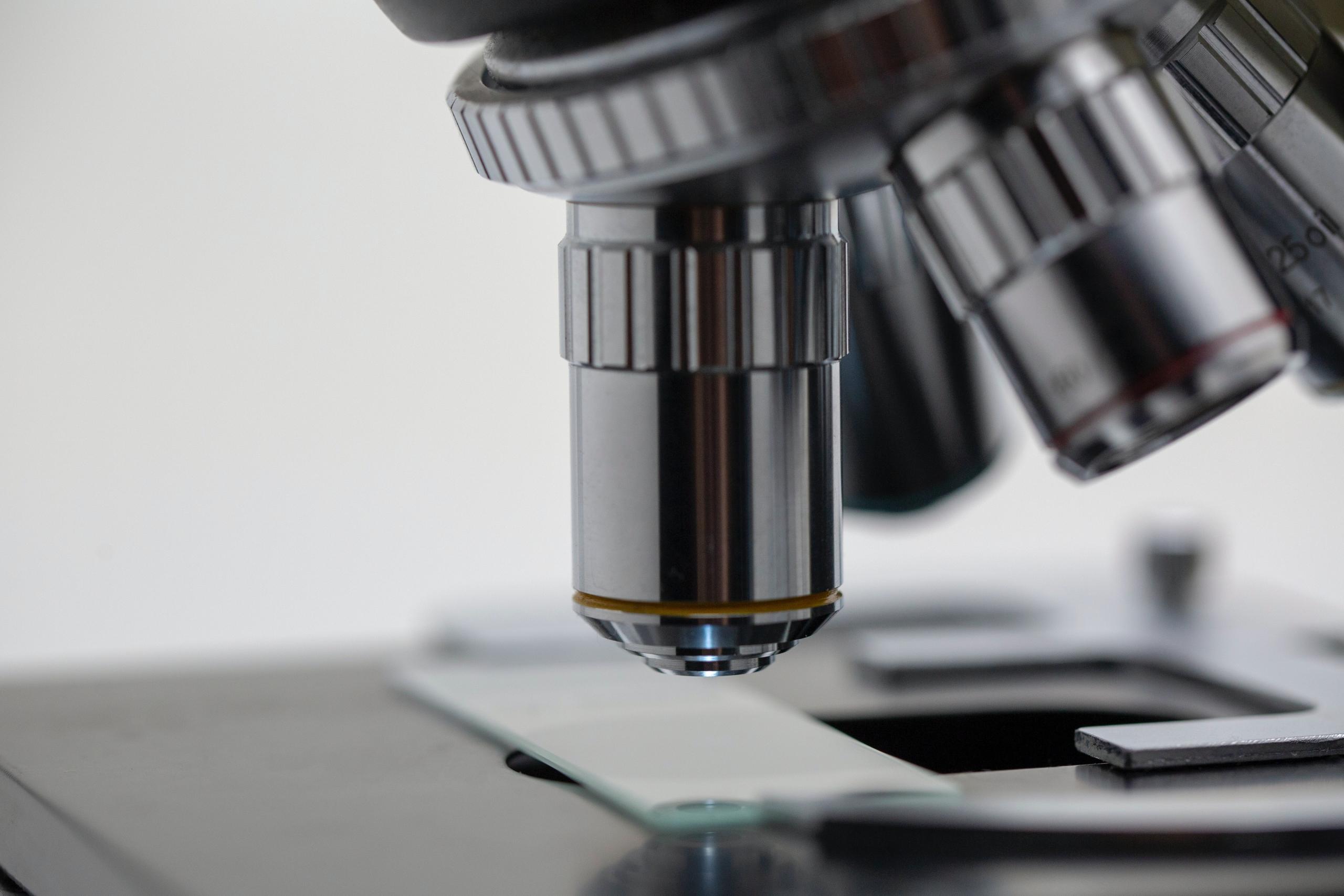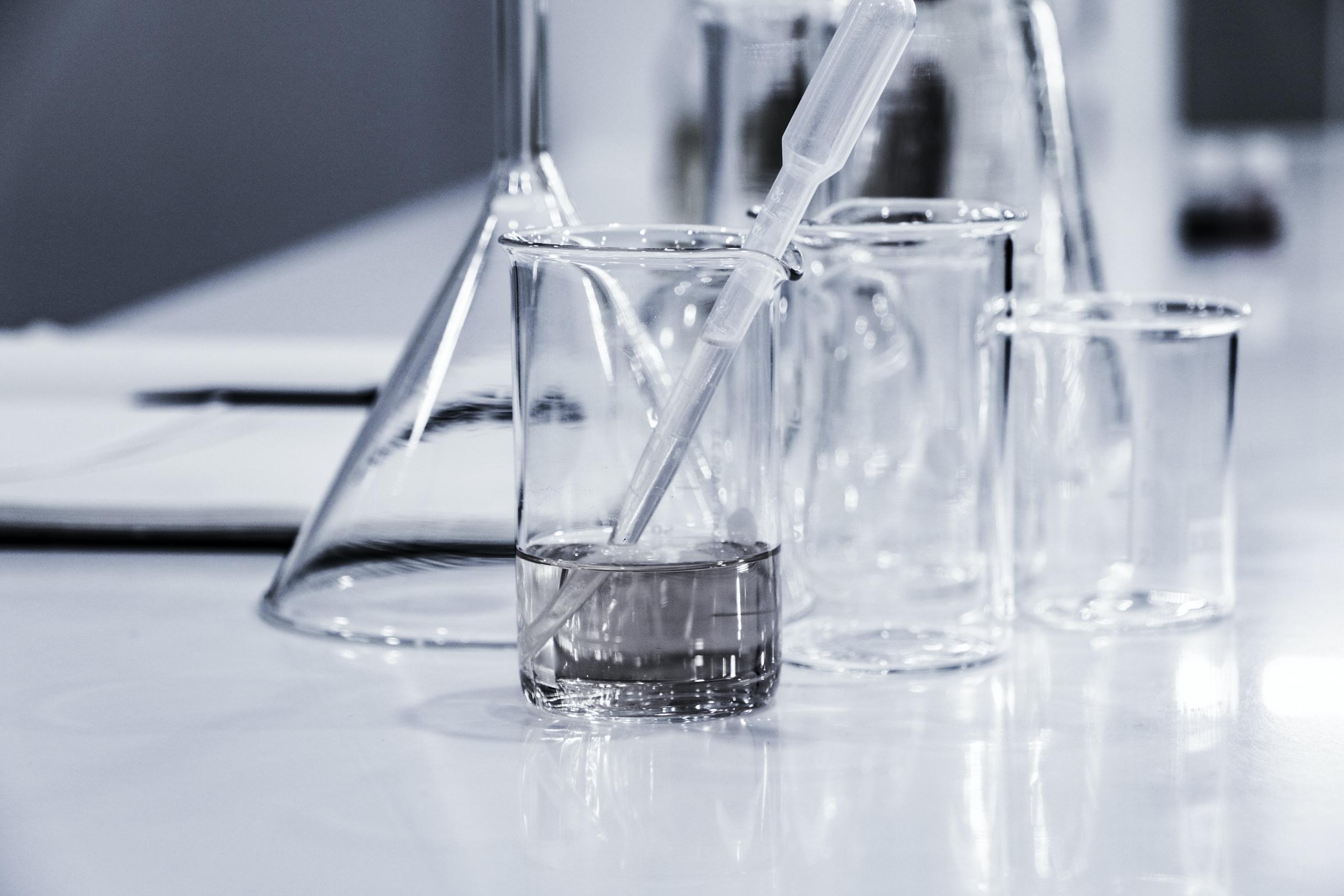"I believe that life-saving, essential drugs should be freely available." -Yusuf Hameid
Whether you love or hate the pharmaceutical industry, most people will agree that through science, many specialists working in pharmacology have developed life-saving treatments that have alleviated pain and preserved patients' health. For example, drugs such as penicillin, insulin, and morphine have reduced the number of deaths related to health issues such as diabetes and severe infections and have made it possible to deal with excruciating discomfort and soreness.
To be involved with the research behind creating life-saving medicine, many individuals have considered studying fields related to chemistry, biology, and pharmacology. But have you ever heard of pharmaceutical chemistry?
Without further delay, in today's article, we shall touch on the fundamentals of pharmaceutical chemistry and the career opportunities that are opened to persons who have studied this specific field of study.

Defining Pharmaceutical Chemistry

Since the term pharmaceutical chemistry boasts the words "pharmaceutical" and "chemistry", it's safe to assume that topics relating to pharmaceutics and chemistry are encompassed, right? So pharmaceutical chemistry or medicinal chemistry, as some other people know it, deals with both chemistry and pharmacology properties.
Pharmaceutical chemistry briefly deals with the production, properties, and synthesis of drugs used to treat specific ailments.
While pharmacology deals directly with the study of drugs, it's worth mentioning that pharmaceutical chemistry is a bit different since it primarily examines the properties of chemistry and how they can work together to produce medicines.
Medicinal chemistry, which is practically the same as pharmaceutical chemistry, uses organic compounds categorised as small organic molecules and biologics. Through the study of medicinal chemistry, biologists try to discover and develop molecules that have therapeutic agents and may be used to create medicine. It's worth highlighting that pharmaceutical chemistry is exact and requires extensive knowledge of biology and chemistry to work in that field.
Also, pharmaceutical chemistry is closely related to other biological areas such as the following:
- Biochemistry,
- Molecular biology,
- Pharmacognosy,
- Pharmacology,
- Toxicology.
Some characteristics of pharmaceutical chemistry might overlap with the previously mentioned areas of expertise. For example, medicinal chemistry deals with the development of both veterinary and human medicine. You could say that in today's world with sickness everywhere, pharmaceutical chemistry is a necessary topic of study. But, how does a person become skilled to work as a pharmaceutical chemist? Read the following subheading to find the answer.
Studying to Become a Pharmaceutical Chemist

Before embarking on studying to become a pharmaceutical chemist, it's worth mentioning that you should analyse whether or not you have what it takes to complete the years of further education required to receive a degree in pharmaceutical chemistry. Aspiring medicinal chemists need to boast the following aspects and skills:
- Academically strong,
- Emotionally stable,
- A natural aptitude for chemistry, physics, and science,
- A strong foundation of mathematics,
- Skills in management, communication, and teamwork.
If you believe that you still have what it takes after reading the previously mentioned list, we highly recommend studying pharmaceutical chemistry.
To become qualified as a pharmaceutical chemist, the first step is to get good results and pay close attention to your chemistry, physics, maths, and biology classes during secondary school. Acing the GCSE and A-Level chemistry examinations is necessary for entry to universities that offer pharmaceutical chemistry programmes.
After you've been accepted to study at a reputable UK-based further education centre, you will need to select a field of expertise related to chemistry, such as a BSc in Science, General Chemistry, Pharmacology, or Biochemistry. In addition, a Bachelor's degree in chemistry opens the doors to work in jobs related to pharmaceutical chemistry.
However, if you want to specialise in research or educating others about pharmaceutical chemistry, you'll either need a Master's or PhD in chemistry.
The bottom line is that regardless of which sector you work in as a pharmaceutical chemist, you will need to attend a university programme to become equipped with the knowledge to manage your employment position correctly.

Finding Work as a Pharmaceutical Chemist
Pharmaceutical chemistry stretches into both private and public sectors of employment, making it a discipline of science that is relatively easy to find work in. But, who hires those who possess a pharmaceutical chemistry degree?
The following list takes a look at sectors that willingly and happily hire pharmaceutical chemists:
- Government Agencies: in the public sector, it isn't uncommon for pharmaceutical chemists to review files and conduct research about new products that private drug companies wish to release to the public. Through careful examination, pharmaceutical chemists at government agencies help elected officials know what should be done in certain medicinal situations.
- Biotech Companies: pharmaceutical chemists at biotechnology companies may conduct and supervise research to develop new technologies and life-saving medicines.
- Education Centres: many pharmaceutical chemists with PhD or Master's degrees and many years of experience may accept employment positions as teachers at universities, secondary, or primary schools.
- Private Research Labs: there are specific private laboratories that sometimes need the assistance of pharmaceutical chemists to research particular items or complete tasks for them. At private labs, pharmaceutical chemistry majors may accept part-time or full-time work for a short or long duration of time.
While many different sectors offer work to pharmaceutical chemists, the previously mentioned ones are the most common.
Throughout the job search, be sure to ask questions to employers that will help you get a gist as to whether or not your skills will be valued.
The Daily Job Tasks of a Medicinal Chemist
No matter where a medicinal chemist may find work and whichever sector they decide to expand their professional skills, there are specific responsibilities and job tasks that must be completed. While employment responsibilities may change from one place to the next, the following list features the most typical pharmaceutical chemist duties:
- Researching natural and synthetic materials to determine their chemical properties,
- Record detailed notes during the research process for others to read and comprehend at a later time,
- Conduct quantitative analysis to determine how much of one substance should be mixed with another,
- Develop and improve products that help the process of research,
- Use measures to provoke changes in the composition of materials,
- Prepare reports based on scientific research and hypothesis' that are formulated.
It's worth highlighting that the previously mentioned list of tasks is not all completed on the same day or even the same week. At times, pharmaceutical chemists may work on a project that requires them to do the same thing for weeks at a time. Nonetheless, medicinal chemistry is always exciting since it is varied, and there are constantly new things to learn and discover.
By combining a pharmaceutical chemist's knowledge that is honed through their education at a university with their on-the-job training, they can complete a wide variety of work tasks that may at first seem daunting.
Find chemistry tuition here on Superprof.
Tips to Become Better at Pharmaceutical Chemistry

As we have mentioned, pharmaceutical chemistry is exact, and many elements need to be studied and memorised to effectively work in the field and avoid making serious mistakes that could cost a lot of money or lives.
However, students or amateur practitioners of pharmaceutical chemistry are not left alone without any hope or help. Various study suggestions can make reviewing medicinal chemistry much more straightforward than previously anticipated. So, without further ado, the following list features some tips to become better at pharmaceutical chemistry:
- Break Large Tasks into Smaller Ones: one of the best ways to hone pharmaceutical chemistry skills is by carefully breaking bigger subgenres into smaller, bite-sized pieces that are easier to digest. Remember, you're not going to become a distinguished chemist in a matter of weeks, it takes time, and baby steps are required. So, if you're having a tough time comprehending a specific topic, focus on the words and subdisciplines that you do understand.
- Practice Skills in the Lab: testing out your skills in the lab is one of the best ways of getting better at medicinal chemistry since you can observe organic molecules and try to brainstorm how they can work together to fight something invasive. During your studying years and in your early career, practising your lab skills will help you develop techniques to work more efficiently and effectively.
- Seek the Assistance of Others: if you've just started your career as a pharmaceutical chemist, it's worth mentioning that you should not be afraid to ask questions and to seek the guidance of more experienced ones. Talking to coworkers, distinguished members of medicinal chemistry, and private tutors will give you a more well-rounded view of the field, and you will feel better prepared when challenges come your way. Hiring a private tutor should never be viewed as a weakness.
It's worth highlighting that though the previously mentioned are perfect for pharmaceutical chemists, they can also be employed by professionals across other fields of chemistry.
In conclusion, we sincerely hope that all the information we provided in today's article has been enough to fully equip you with an idea of how pharmaceutical chemists function in society and where they may find employment.
Find chemistry tutor Glasgow here on Superprof.
Summarise with AI:















